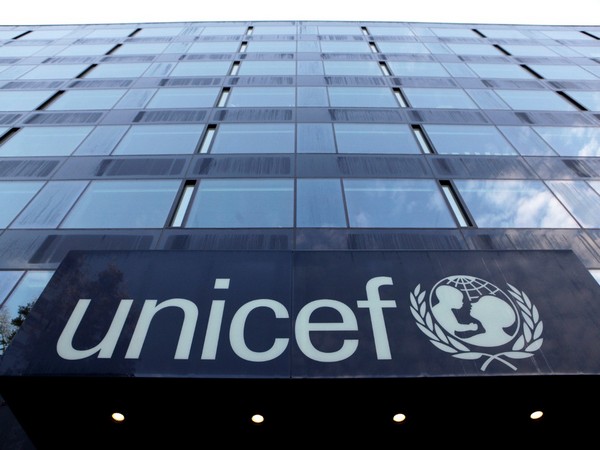India's Children in 2050: Navigating a Future Shaped by Climate and Technology
A new UNICEF report highlights the challenges India will face by 2050 in providing for 350 million children amidst climate change and technological shifts. Strategies must prioritize child well-being and rights, with investments in urban planning, education, and technology access crucial for a sustainable future.

- Country:
- India
A recently released UNICEF report has emphasized the critical challenges India will face by 2050 as it expects to house 350 million children. The report, unveiled in New Delhi, stresses the need to address extreme climate risks and technological changes to secure the well-being and rights of children.
UNICEF's State of the World’s Children 2024 report reveals that India, along with China, Nigeria, and Pakistan, will account for significant portions of the global child population. Despite a projected decline, India will remain responsible for 15% of this demographic, necessitating strategic planning to mitigate the impacts of climate crises, particularly on health and education.
Key recommendations include prioritizing investments in child-friendly urban planning, health, and education. The report also calls for bridging the digital divide to ensure equitable technological access. Representatives stressed the importance of engaging children as active participants in climate change solutions, marking the report's launch alongside World Children's Day initiatives.
(With inputs from agencies.)
ALSO READ
Democratizing Technology: Modi's Vision Transforms India
Assam's 12 Days of Development: A Boost to Education and Welfare
Monument Bank and Quinnox Win Esteemed Technology Award at TESTA 2024
Antares FCP: The Pioneering Leader in Fund Transfer Pricing Technology
Delhi Schools Set to Launch AI Educational Revolution










